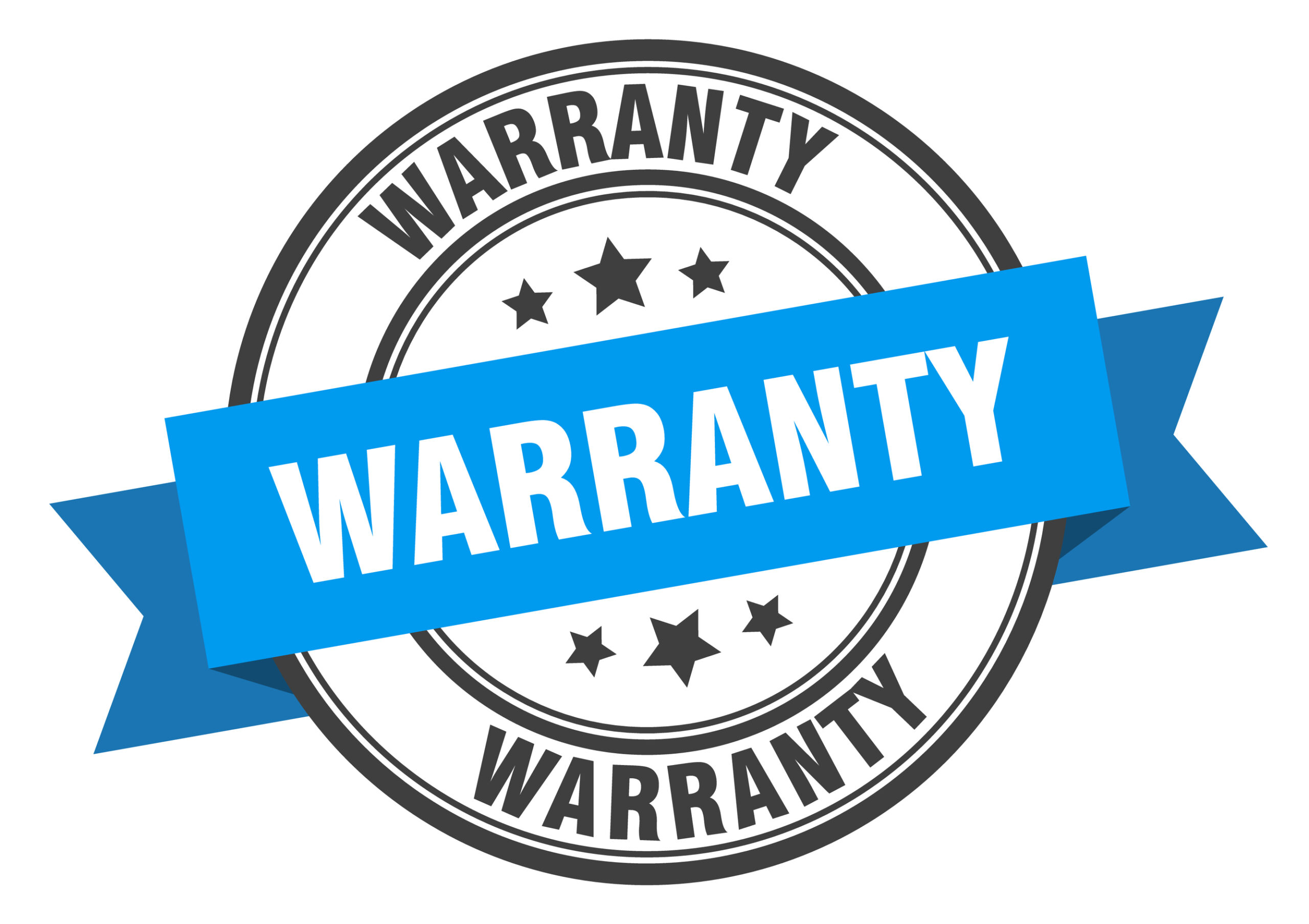Are you reviewing the warranty options for your upcoming roofing project, and having trouble understanding all the terms? Maybe you’re wondering if you even need a warranty, or whether you could get by with insurance alone? With over 20 years of experience, these are common questions that we receive from our clients at Venture Construction Group (VCG)!
If you want to know if a particular roofing warranty is right for you, it’s important to read it carefully and review the terms with the contractor installing your roof.
It’s also important to understand that warranties are not insurance. They are not a maintenance agreement. And they do not cover you in the same ways. A warranty is a legal statement that limits the liability of the issuer for any failure to perform the issuer’s product or service, while insurance is a guarantee that you would be paid if certain circumstances occur and certain requirements are met.
2 Types of Warranties
It’s helpful to understand that there are two warranty types for roofs:
1. Manufacturer Warranty
The Manufacturer Warranty comes from the manufacturer of the roofing material, and guarantees your roof against defects in the roofing material. This warranty is non-negotiable, so it’s important than you review this language carefully with your contractor.
2. Contractor Warranty
The Contractor Warranty comes from the roofing company or general contractor that installed the roof, and guarantees the workmanship performed on the installation. Contractor Warranties are often negotiable, and this is helpful since most property owners have unique needs.
What’s Covered?
With both of these warranty types, your roof should be entirely covered, including installation, parts, and labor, so you’ll want to be sure that any warranty you’re considering includes both types.
Now that you understand the two types of warranties you’ll need to examine, you’ll want to ask as many questions as you can in order to familiarize yourself with the details before you sign on the dotted line and purchase.
5 Questions to Ask About Roofing Warranties
Here are five of the most important questions to ask ahead of time.
-
What is specifically covered as part of my roof warranty?
As mentioned above, roof warranties generally provide coverage from defects in materials and workmanship. So, if there was something wrong with a roof component because of the way it was made, or if something was installed incorrectly, the manufacturing company or installation company would take responsibility and help correct the problem.
Warranties vary because each product and each installation is unique. Your roofing contractor should provide you with all of the product warranty information upfront. This should include roofing warranty information related to the installation itself. Some manufacturing companies have links to product warranties on their website, which is an added bonus.
It’s also wise to ask if there is proration associated with your roof warranty, as this can be based on the exponential decrease in value of the roof over time. Many warranties cover only the depreciated value of your roof. That means that the older your roof, the less money the manufacturer will pay toward replacing it.
-
How long will the warranty last?
The expiration dates will vary for the Manufacturer Warranty and the Contractor Warranty, but generally speaking the Manufacturer Warranty can last anywhere from 20 to 50 years, while the Contractor Warranty typically lasts one to five years. The materials used to build the roof are also taken into consideration when an expiration date is determined.
-
Can anyone else besides me benefit from my roofing warranty, and is it transferable?
The owner of the building who had the roof installed is typically the only person entitled to the benefits of a roofing warranty, but many companies offer transferrable warranties. If you can swing getting one of these, it’s the best bet, especially if you plan to sell your home or business. And if you recently bought your property, know that the previous owner may be required to notify of the transfer within a certain time limit of the sale, in order to ensure that transfer is honored. Be sure to check on that and read the fine print.
-
Are there any exceptions or exclusions on this warranty?
You could be faced with exceptions based on where you live or who installed your roof. A manufacturer may only warranty certain materials, for example, asphalt shingles, and a contractor may require materials to be installed in a very specific manner. Again, it’s best to discuss this with your roofing or general contractor. Other issues that could be excluded from protection typically include disasters; Acts of God; weather-related damage from hail, wind, water; ice or snow; improper roof repairs and alterations; or the owner’s negligence in removing snow and ice. Be sure you understand the implications of this thoroughly so you aren’t blindsided if and when you are faced with one of these issues.
-
How should I file a claim if I have a problem during the warranty period?
If something goes awry with your roof during your warranty period, reach out to the contractor who installed your roof, as well as the material manufacturer, as soon as you realize there’s a problem.
And finally, it’s always a good idea to file the paperwork related to your warranty in a safe place where other trusted members of your family or team can also access it if you’re not available. You should also scan it and save it electronically on the cloud for easy accessibility and to ensure its backed up. If and when you need to refer to it, you don’t want to have to struggle to find the contact information for your contractor, manufacturer, or to file a claim.

